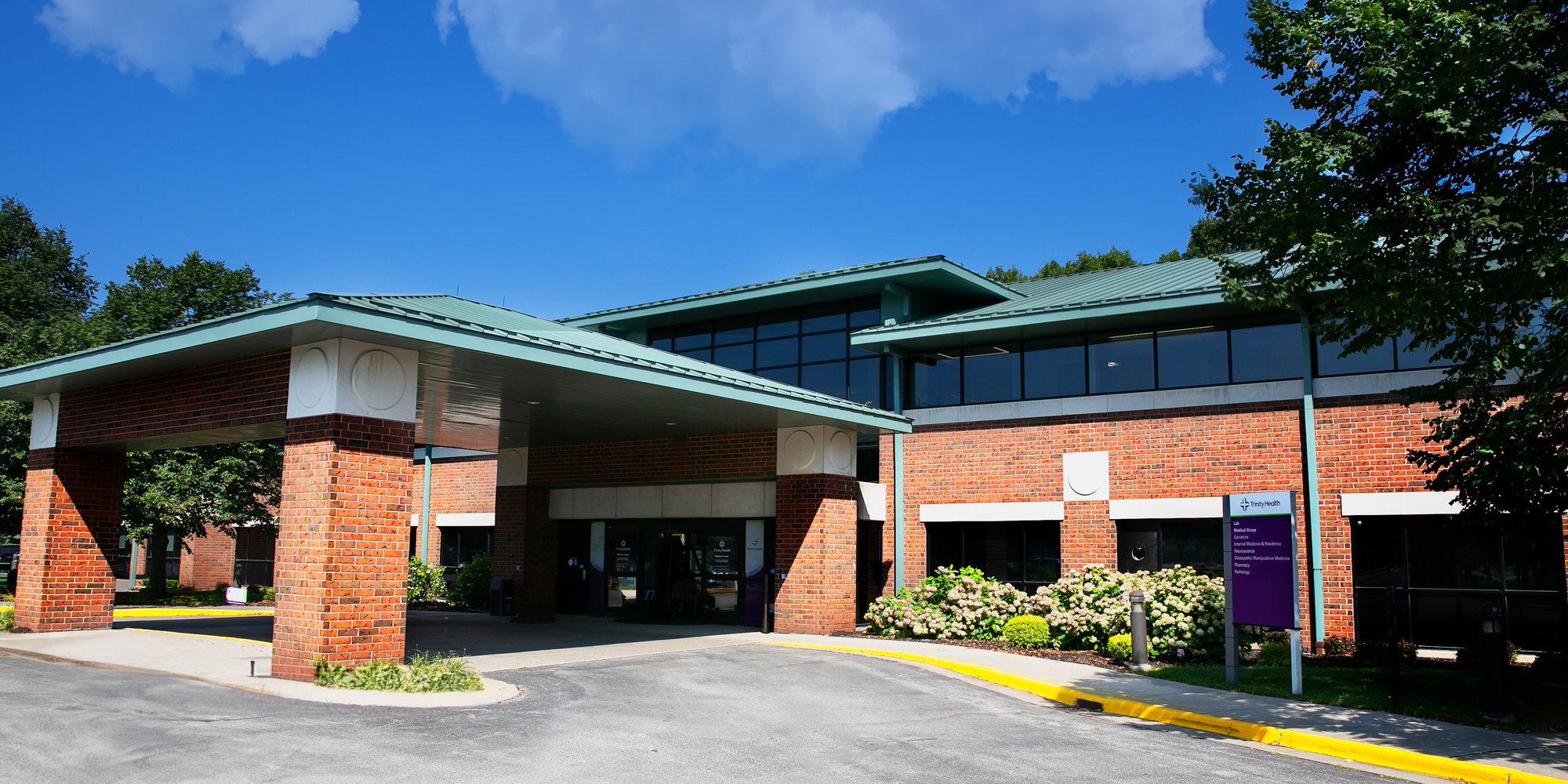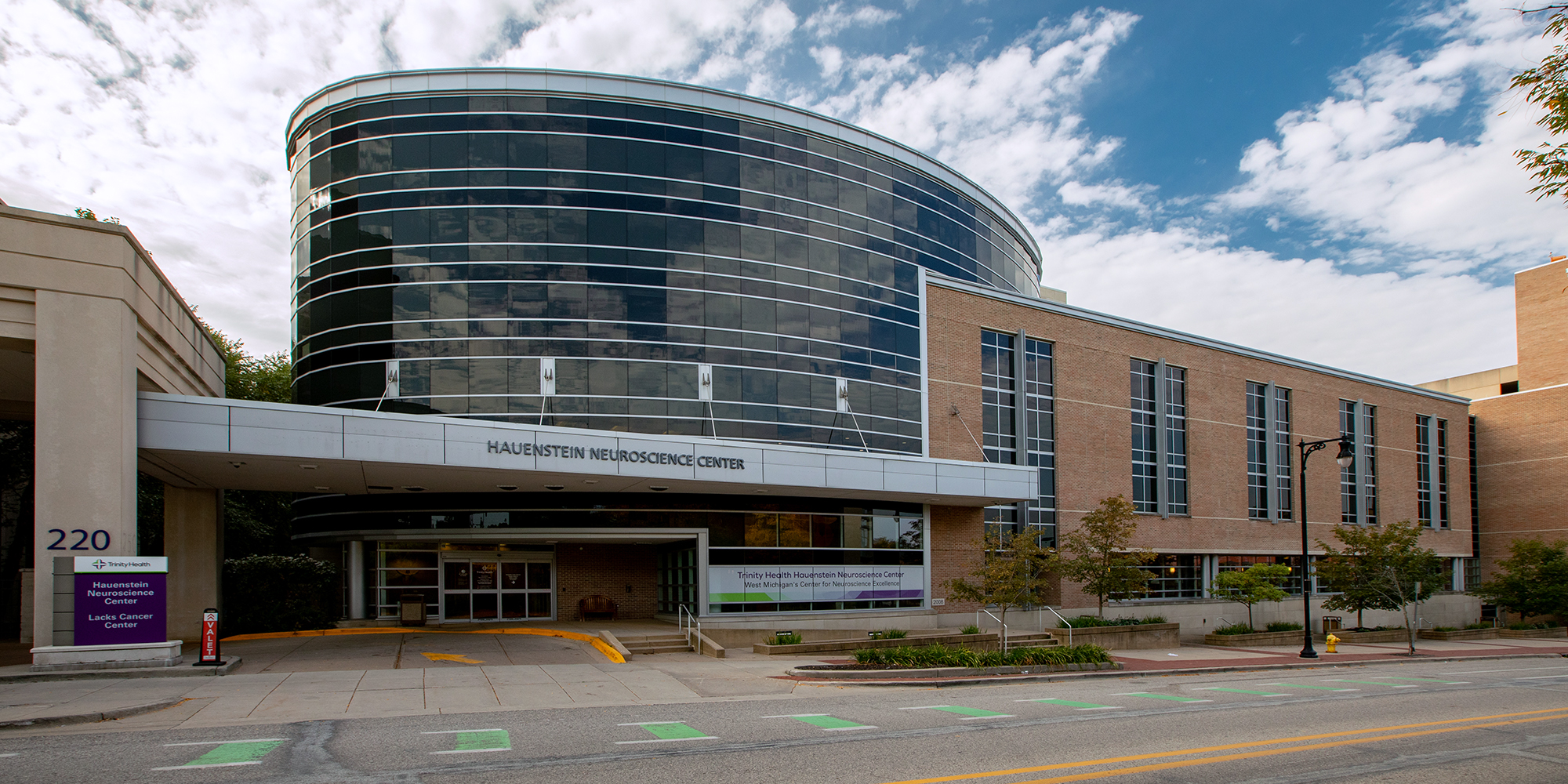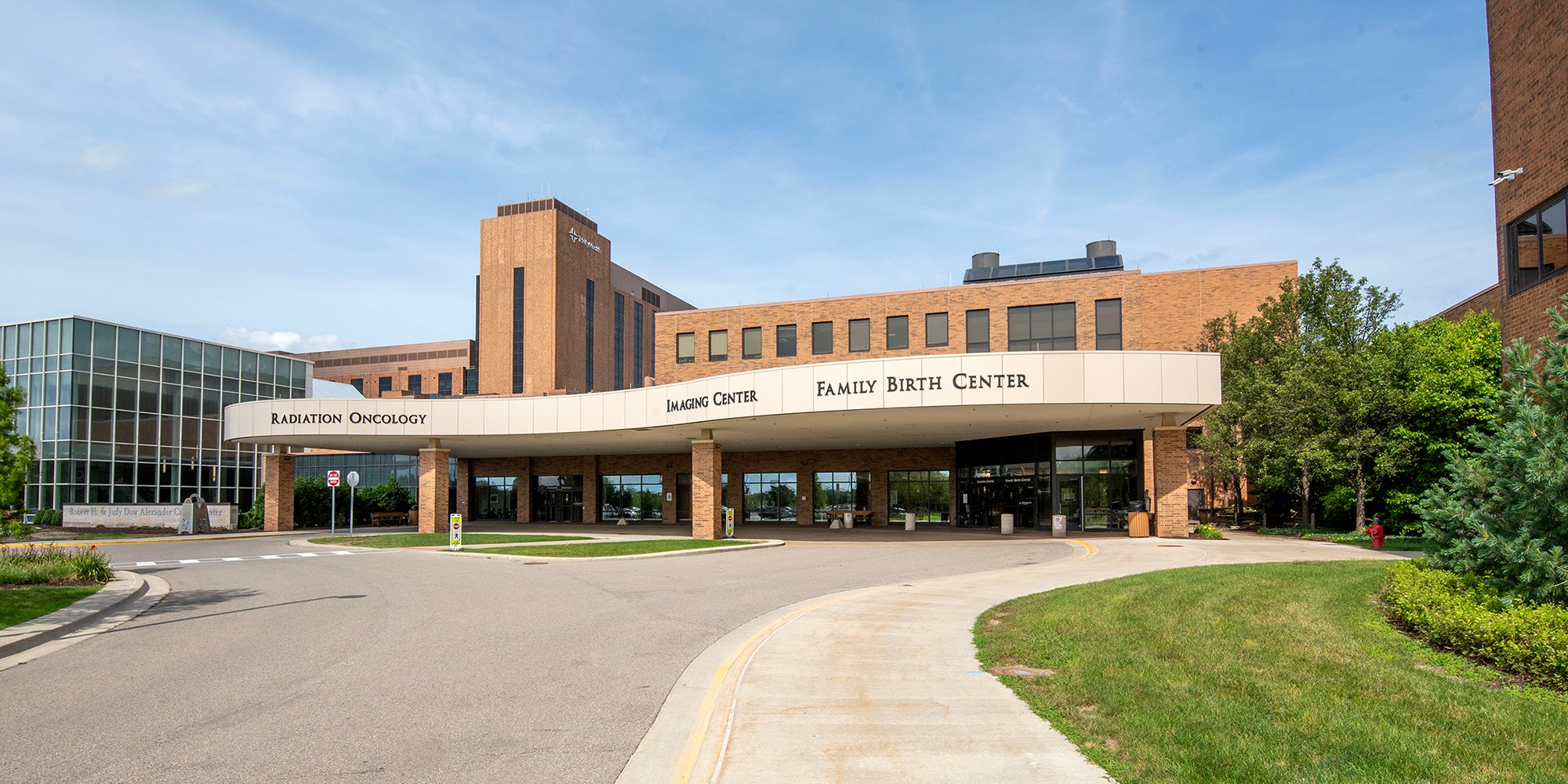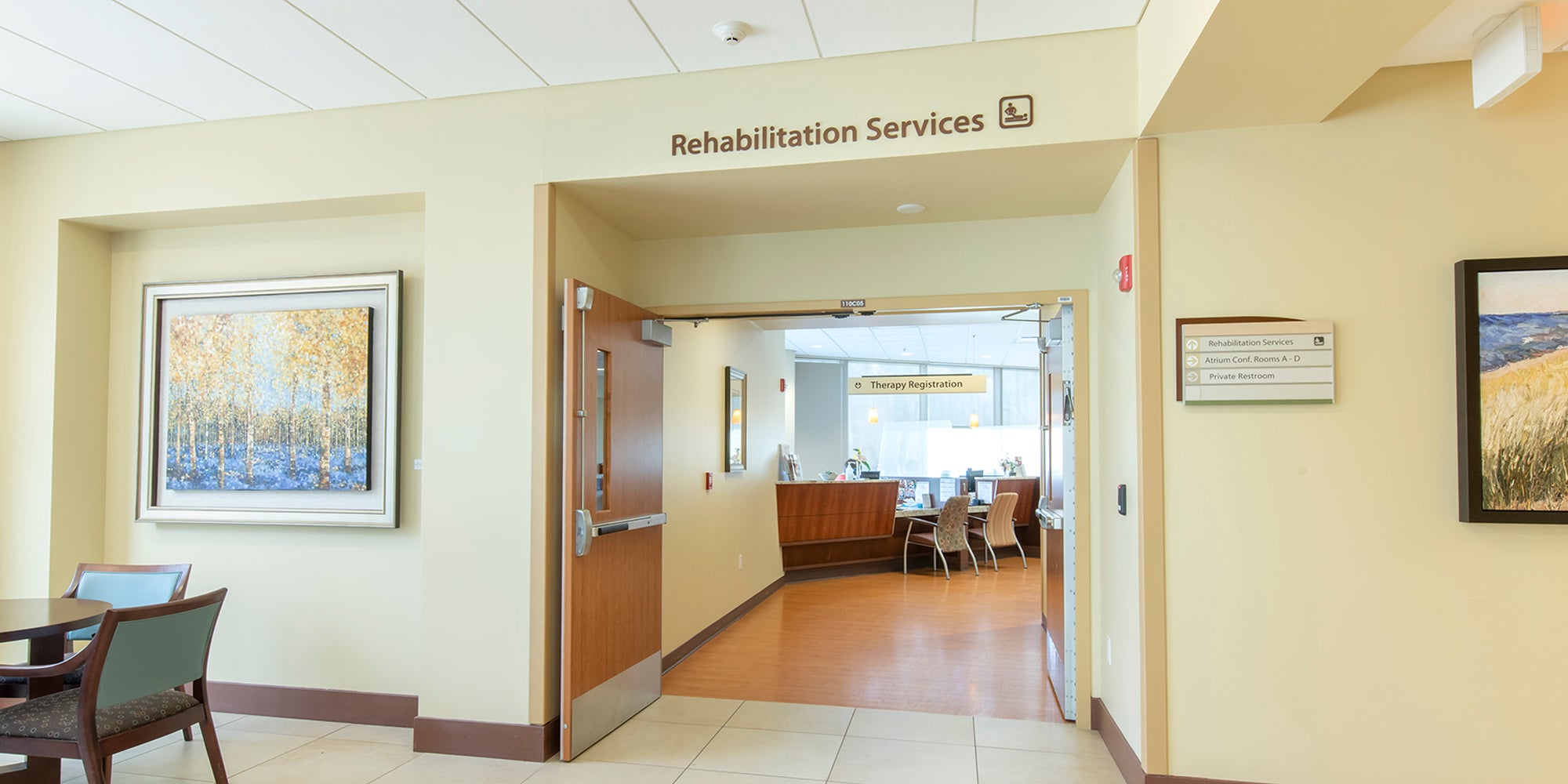Movement Disorders
Movement disorders cause uncontrollable shaking and jerking. They include conditions such as Parkinson’s disease, dystonia and essential tremor. Abnormal, repetitive movements can affect your limbs, trunk and voice, making once-simple activities challenging.
Movement disorders typically stay with you for life and worsen over time. But with specialized care from Trinity Health Michigan, you can take back control of your life. You have access to leading therapies and a team with a reputation for excellent outcomes. We also provide robust support services to help put your mind and body at ease.
Our Locations
Our Providers
Movement Disorder Care at Trinity Health Michigan: Why Choose Us?
We deliver exceptional movement disorder treatment, along with the personalized support you deserve. We offer advanced therapies, including deep brain stimulation and new treatments through clinical trials. Our continuous focus on your needs helps you feel cared for every step of the way.
Our team approach means you benefit from the coordinated services of neurologists, neurosurgeons, neuro-palliative care physicians, therapists and more. Some of our physicians are leaders in their respective fields. All providers work together to help you live the best possible quality of life. Meet our team.
Diagnosing Movement Disorders
Your care starts with a comprehensive evaluation to determine the type of movement disorder and its severity. We perform a thorough physical and neurological exam and other assessments as necessary. Trinity Health Michigan offers every available test, including advanced imaging, like DaTscans for Parkinson’s disease. Get more information about neurodiagnostics.
Movement Disorder Treatments and Support
Your personalized care plan may include:
Deep Brain Stimulation
Deep brain stimulation uses an implantable device to quiet abnormal activity that causes seizures. Trinity Health Michigan is home to one of the most highly regarded deep brain stimulation programs in the Midwest. Our surgeons are among the highest ranked in the region for accuracy and outstanding outcomes.
Medications and Medication Management
If movement disorder symptoms are interfering with your daily life, medications can help. Our expertise in treating a high volume of patients helps you receive the best option and dose for your needs. Patients often achieve excellent results and avoid surgery. We carefully monitor your response to treatment and adjust medications to meet your changing needs.
Botox® Injections for Spasticity
Movement disorders often cause long-lasting muscle stiffness (spasticity) that’s painful even when sitting still. Injecting Botox helps stiff muscles relax so you can move with less pain. Botox is a purified form of a toxin that comes from bacteria. It’s safe, effective and provides months of symptom relief.
Neurorehabilitation
Neurorehabilitation involves various therapies that optimize the way you feel and communicate. It also helps you maintain your independence.
- Occupational therapy teaches you methods for coping with changes to your abilities. Therapists may teach you how to use devices, including braces, walkers and wheelchairs, that help you get around.
- Physical therapy may involve balance training to help you feel steady on your feet. Therapists may also guide you through gentle exercises to improve strength and endurance.
- Speech therapy helps you communicate. We teach you new techniques for using your voice and expressing yourself when words do not come easily.
Support
Trinity Health Michigan offers support services for people living with movement disorders. Licensed social workers connect you with community resources that can simplify daily life. Neuro-palliative care physicians deliver therapies for nagging symptoms and coordinate with the rest of your care team. Explore specialized neurology services and support.
Movement Disorders We Treat
Movement disorders we treat include:
- Ataxia: Clumsiness and jerky movements affecting balance, speech and more
- Cervical dystonia: Neck and muscle stiffening that pulls the head up, down or to the side
- Chorea: Repetitive, irregular movements involving the face, torso and limbs
- Dystonia: Lasting muscle stiffness and spasms that cause twisting, repetitive movements and abnormal posture
- Essential tremor: Rhythmic shaking in the arms, head or other body areas that worsens when performing basic tasks
- Huntington’s disease: Inherited, often fatal condition that causes uncontrolled movements, cognitive issues and psychiatric problems
- Multiple system atrophy: Movement disorder symptoms, blood pressure issues and dysfunction in other areas of the body, such as the bladder
- Myoclonus: Fast, jerky muscle movements and twitching due to spasms
- Parkinson’s disease: Tremors, stiff muscles, slow movements and voice changes due to a breakdown of brain cells that control movement
- Progressive supranuclear palsy: Rare condition causing slow movement and reduced muscle control
- Rett syndrome: Rare genetic disorder that includes reduced muscle tone, behavior changes, repetitive hand movements, developmental delays and communication issues
- Tardive dyskinesia: Repetitive, involuntary movements due to long-term use of certain psychiatric medications
- Tourette syndrome: Uncontrollable movements and sounds

















